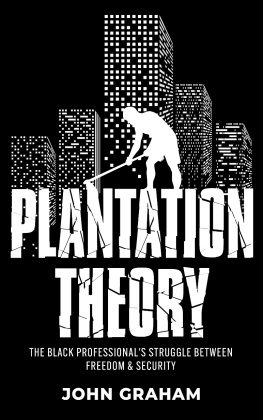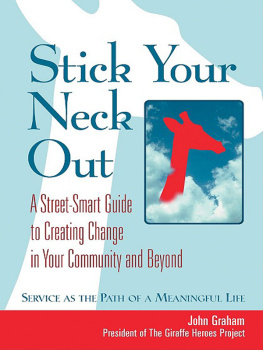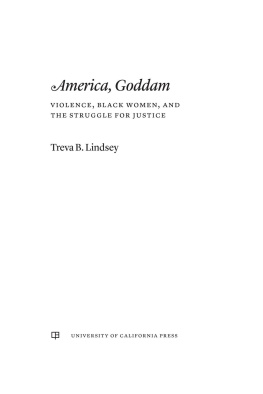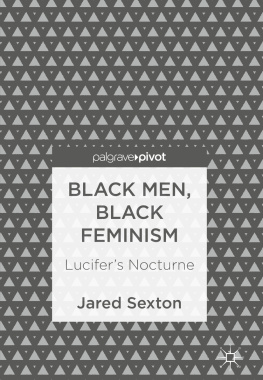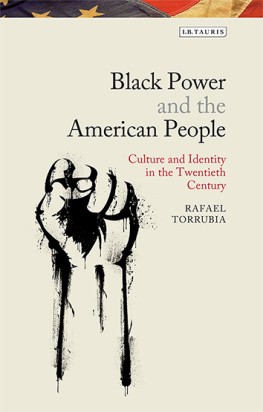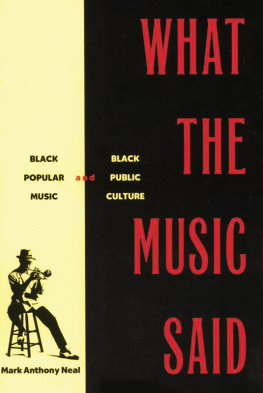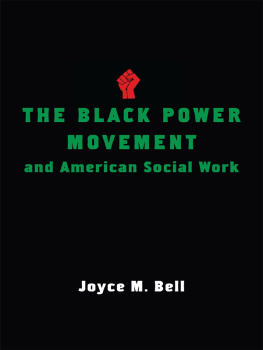
This publication is designed to provide competent and reliable information regarding the subject matter covered.
Copyright 2021 by John Graham.
All rights reserved. In accordance with the U.S. Copyright Act of 1976, the scanning, uploading, and electronic sharing of any part of this book without the permission of the publisher is unlawful piracy and theft of the authors intellectual property. If you would like to use material from the book (other than for review purposes), prior written permission must be obtained by contacting the publisher.
Mynd Matters Publishing
715 Peachtree Street NE
Suites 100 & 200
Atlanta, GA 30308
ISBN: 978-1-953307-59-0 (pbk)
ISBN: 978-1-953307-60-6 (hdcv)
ISBN: 978-1-953307-61-3 (ebook)
Contents
Chapter 1:
Code-Switching
Chapter 2:
Representation
Chapter 3:
Opportunity Never Knocks
Chapter 4:
Calling in Black
Chapter 5:
Choose Your Stereotype
Chapter 6:
The Accountability Conundrum
Chapter 7:
The Buffer Class Revolt
Chapter 8:
The Toughest Questions Are The Answers
To my wife Sana, my son, John III,
and my daughter Marian,
Your love and support through my journey have been nothing short of astounding. May this serve as a guide to my children as they traverse the world as Black professionals one day. Also, to my parents, John Sr. and Robin Hurd-Graham. Youve each served as the foundation and the blueprint for who I am both personally and professionally with love and guidance.
Thank you!
Foreword
I was awakened from a deep and much needed sleep when my cell phone rang. It was a colleague clearly in some level of distress. Even though I was barely conscious and dont recall there being a formal greeting of hello or good morning, through the haze, I heard a question, How do you manage the stress and trauma of all of the tragedies that are being reported on a daily basis? I responded with something like, Well, you have to limit how much of the bad news you listen to. We all need to take care of ourselves and not allow the toxic stuff in. He paused for a moment and said, That would be difficult for me since it is my job to report the news. I guess Im like a doctor that cant stand the sight of blood. Thank you for listening, you have a good day Dr. Joy. I went right back to sleep but was awakened by several more unanswered calls and text messages.
It isnt unusual for me to receive calls like the ones that morning because my friends, family and colleagues know about my work of healing the traumatic wounds that African Americans still carry from generations of injury both physical and mental. Injuries sustained from slavery, Jim Crow, mass incarceration, serial displacement, as well as, fresh new wounds from contemporary racial terrorism. This time the trigger was the trial for George Floyd, a black man mercilessly killed before a world audience.
I had a deadline to write the foreword to John Grahams Plantation Theory: The Black Professional's Struggle Between Freedom & Security. But first, I had to reach back out and apologize to my early caller for my abrupt response and to let him know I would be available to help him process the heavy burden he was carrying. This is the workmy workto heal, advocate, promote justice and try to prevent future injury .
Plantation Theory is timely and deeply impactful, with content that is brilliant, significant, and enlightening. John Graham has provided a unique lens into the world of corporate America, where he reveals some of the usual suspects of the white capitalist power structure, characters that are all too familiar to Black people or perhaps anyone in America regardless of hue. I found myself ruminating about the corporate world and how the author describes the difficult terrain that he, and other Black people have had to navigate in order to remain in white spaces of power, how each man or woman, must determine just how Black they can be and remain valuable, relevant, and ultimately, successful and secure.
Few of us working outside the corporate plantation fully understand the sacrifices necessary to remain in white proximity to influence and advancement. Graham gives an up close, inside view of this modern plantation as he masterfully describes the intricacies of how the process of othering takes place. How even in the midst of high praise and congratulatory applause, promotion consistently becomes a dream deferred.
We tell ourselves our stellar education and hard-earned professional experience will be enough to be proffered a seat at the table, but it is rarely enough. This book illustrates how the past has shaped the present, how the toil of our enslaved ancestors and the blanket of terrorism that even now still wraps itself around us, has a cost that doesnt go unnoticed by those closest to us .
With laser-like precision, Graham fuses together our collective cultural memory and experience as he captivatingly describes the contract so many of us sign. A tacit agreement to don the cloak of cultural invisibility in exchange for the basement keys to the palace. Still, we are afforded some of the necessary tools needed to survive as the other behind the thin veil of corporate professionalism and a normalized inauthentic work life. And as for those that choose to go down this road seeking freedom and security, that are still in touch with their full humanity, do not expect profound remedies but rather intelligent tools that invite critical change and accountability while unmasking the hidden pitfalls and dangerous cracks in the road to avoid along the way .
-Dr. Joy A. DeGruy
Author of Post Traumatic Slave Syndrome
Preface
I understand how inconceivable it is. The thought that your reality is not the only reality. I can understand how you would never know what it feels like not to be seen or acknowledged because the monuments to your existence are everywhere. I attempt to empathize with your obliviousness. But its hard. Its like sitting in a movie theater with an audience watching a movie for the first time, but youve already seen it hundreds of times before.
In a quiet collaboration room in an office of a multi-billion-dollar company, I was once asked, Why dont we trust white folks? The woman who asked was genuine. She couldnt understand why the system put in place to receive our complaints was severely underutilized. She wanted to help but felt helpless because she couldnt do anything if she didnt know about it. I got up, walked over to the whiteboard, and raised the marker to write. I wrote 400 and stepped back. I looked at her and asked if she knew what the number represented. She shook her head, befuddled. I told her it was the number of years since the first documented slaves touched the shores of the Americas. Then, I went back to the whiteboard and wrote 346. I then asked if she knew what it represented. Again, she shook her head, no. I explained to her that institutions were erected over the course of 346 years to legalize, justify, and normalize slavery, rape, mutilation, killing, dehumanization, incarceration, injustice, and disenfranchisement. I approached the whiteboard one last time and scribbled the number 54. I then told her that number represents the number of years it has been legal for the two of us to sit in a room alone without me being at risk of going to jail or, worse, being brutalized or killed.
Fifty-four years since Native Black people in this country have been recognized as citizens with the rights afforded their white counterparts. My parents were born eleven years before they would be legally known as full citizens. Ive witnessed teenagers killed in the street by police and left uncovered for their communities to see. Ive seen a fully licensed gun owner killed in front of his girlfriend and their child live on social media only for the police officer who committed such a blatant crime to go unpunished. Ive gazed in horror as I watched life be squeezed from a mans lungs for eight minutes and forty-six seconds while an officer knelt on his neck and back. I asked a question in response to her question. What evidence do we have in the last 400 years to support our belief in the system or those who uphold it? She sank back in her chair slightly and said, I understand. She then corrected herself by saying she could never understand, but she certainly got my point.
Next page
